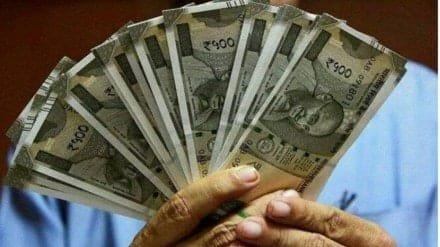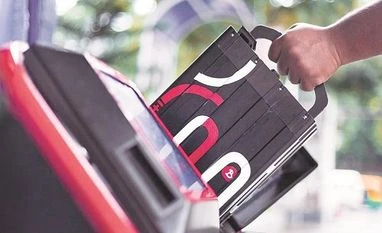Keeping cash at home is common in India, whether for emergencies, personal needs, or business purposes. But many people wonder: Is there a legal limit on how much cash you can keep? And what happens if you cannot explain the source of that money?
No Fixed Limit on Cash at Home
Legally, there is no ceiling on how much cash an individual can store at home. The government does not prohibit holding cash. However, what matters is whether you can justify the source of that cash when questioned by income-tax authorities.
If the source is legitimate and documented, there is nothing to worry about. If not, the Income Tax Act treats such cash as undisclosed income or black money.
What the Income Tax Act Says
The Income Tax Act, 1961 contains several provisions dealing with unexplained money, investments, or credits:
- Section 68 – Unexplained Cash Credits
If money is found credited in your books of accounts (or shown in records) and you cannot satisfactorily explain the source, it is treated as income for that year.
- Section 69 – Unexplained Investments
If you own cash, property, or assets and fail to explain how you acquired them, the value is treated as undisclosed income.
- Section 69A – Unexplained Money, etc.
If cash, jewellery, or other valuables are found in your possession but not recorded in your books, and you cannot explain them, they are treated as your income.
- Section 115BBE – Tax on Undisclosed Income
Any income assessed under Sections 68, 69, 69A, 69B, 69C, or 69D is taxed at a flat 60% rate.
With surcharge and cess, the effective rate becomes 77.25%.
Additionally, penalties under Section 271AAC (10%) may also apply.
What Happens if You Cannot Explain the Cash
If income-tax officials conduct a raid or search and find a large sum of cash:
- The cash is seized.
- You will be asked to produce evidence of the source – such as bank withdrawal slips, property sale deed, loan agreements, agricultural records, business income statements, or gift deeds.
- If you fail to justify the source, the money is treated as undisclosed income.
- You must pay up to 77.25% tax on it, and penalties may follow.
- In serious cases, prosecution is also possible for deliberate concealment of income.
Restrictions on Cash Transactions
Even though there is no bar on keeping cash at home, the Income Tax Act restricts large cash transactions:
You cannot accept or repay ₹20,000 or more in cash for loans or deposits.
Cash transactions above ₹2 lakh in a day with a single person are not permitted.
Cash gifts above ₹50,000 (if not from relatives) are taxable.
There is no fixed legal limit on how much cash you can keep at home in India. But under the Income Tax Act, if you cannot explain the source of your money, it will be treated as undisclosed income and taxed at extremely high rates.
👉 The safest way is to keep cash supported by proper documentation—such as bank withdrawal slips, sale deeds, or business records. This ensures that if ever questioned, you can prove the money is legitimate.












